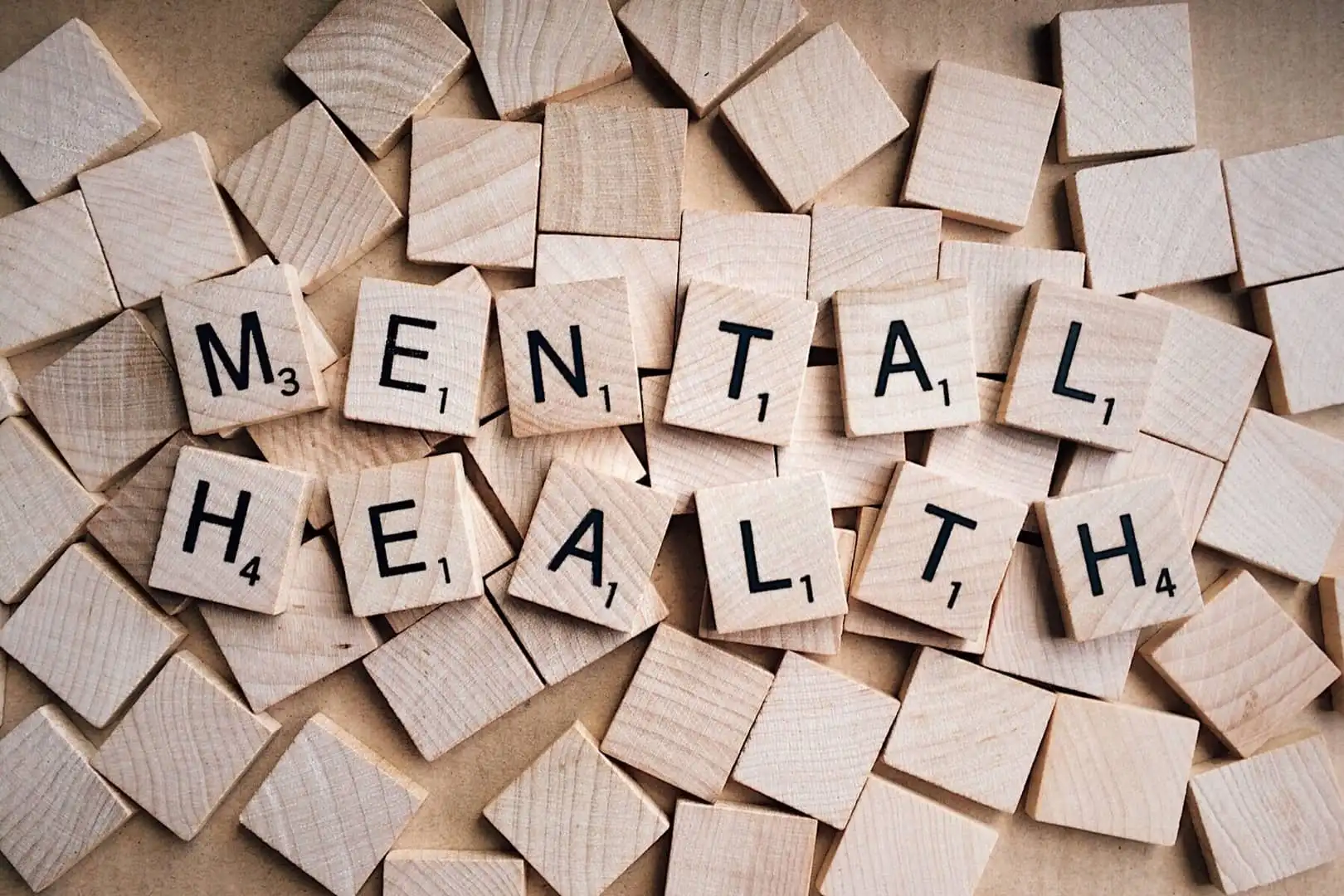In today’s fast-paced world, our lifestyle choices are increasingly linked to a growing epidemic of mental ill health. Stress, anxiety, and depression have become common, affecting millions of people worldwide. While genetics and biology play a role, it is our modern way of living—marked by constant connectivity, poor diet, lack of physical activity, and social isolation—that is significantly contributing to this crisis.
The Digital Dilemma
The digital age has revolutionized how we work, communicate, and entertain ourselves, but it has also introduced significant mental health challenges. The relentless cycle of social media, emails, and notifications keeps us constantly plugged in, often leading to information overload and increased stress levels. The comparison culture fostered by social media platforms can erode self-esteem, causing feelings of inadequacy and loneliness. Instead of feeling connected, many people feel more isolated, as online interactions replace meaningful, face-to-face relationships.
Sedentary Lifestyles and Poor Diets
Our increasingly sedentary lifestyles also play a crucial role in the mental health epidemic. With the rise of desk jobs, screen time, and urban living, physical activity has taken a backseat. Lack of exercise not only affects physical health but also contributes to mood disorders, as regular movement is linked to the release of endorphins, the body’s natural mood lifters. Compounding this issue is the prevalence of poor dietary habits. Diets high in processed foods, sugar, and unhealthy fats can negatively affect brain function, leading to mood swings and cognitive decline.







The Pressure to Perform
Modern life often comes with immense pressure to succeed, whether in the workplace, academics, or personal life. This constant drive for achievement can lead to chronic stress, burnout, and a sense of never being good enough. The glorification of being busy, often seen as a badge of honor, leaves little room for relaxation, self-care, and mindfulness, which are essential for maintaining mental well-being.
Social Isolation and Its Impact
Despite being more connected than ever, many people experience profound social isolation. Traditional community structures, which provided a sense of belonging and support, have weakened, leaving individuals to fend for themselves. This lack of real-world social support can lead to feelings of loneliness, which have been linked to increased risk of anxiety, depression, and even cognitive decline.
Addressing this epidemic of mental ill health requires a shift in our lifestyle choices—prioritizing real connections, balanced nutrition, regular exercise, and mindful use of technology. By taking proactive steps, we can create a healthier, more balanced way of living that supports mental well-being.














